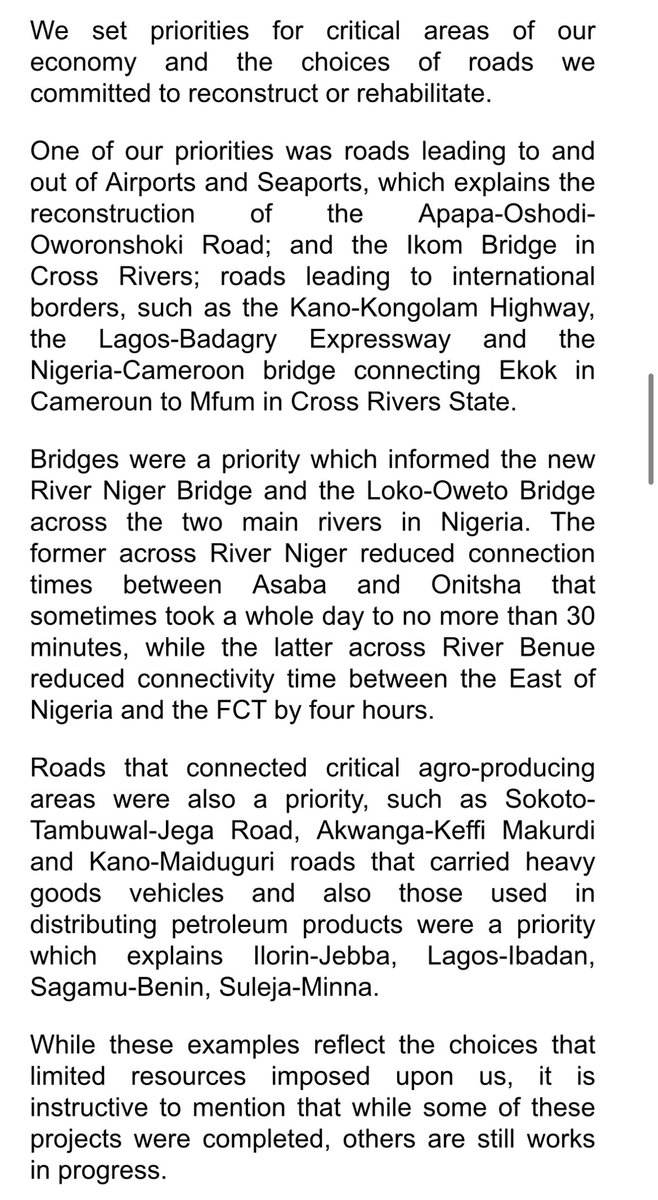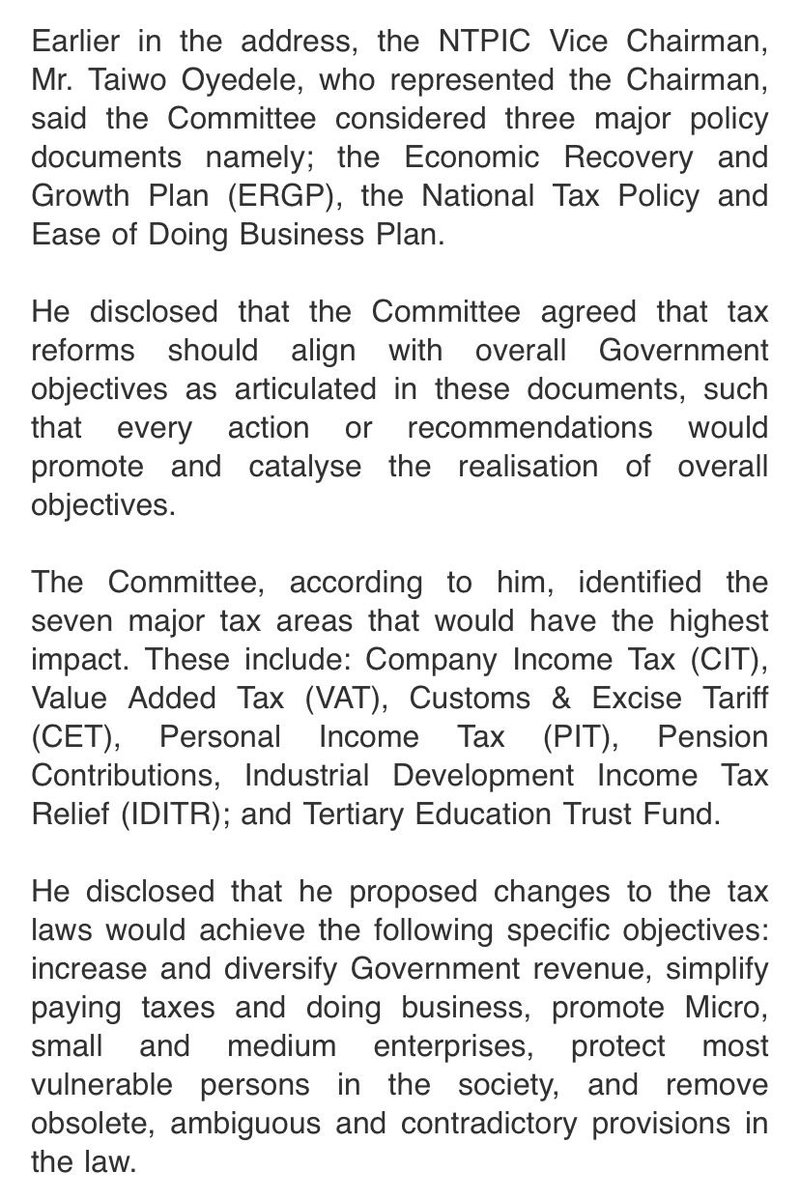One hour flew past. A couple of my points:
Artisanal mining (non-mechanized mining) not the same as illegal mining. 2 different things. Artisanal mining recognized by law, as long as it’s legally licensed. Illegal mining is mining that happens without a license. Small scale or large scale.
We must stop drawing false equivalences between oil & gas on one hand & gold on the other. The concept of scale for both is very different. There’s no such thing as artisanal exploration of oil and gas. It’s a multimillion dollar venture, even at smallest scale (marginal fields).
For Artisanal Gold Miners to be recognized or supported by PAGMI, they have to come together as registered cooperatives and work with validly licensed mining companies. PAGMI doesn’t work with illegal ie unlicensed miners. It’s not a scheme for illegal miners.
Very clear to me that people don’t really understand the illegal basis of bush refining of crude. The crude being refined is stolen from other people (companies) that have been validly licensed to produce it. There’s sadly no way to confer legality on what’s fundamentally illegal
The only way to do legal mining - limestone, gold, oil, gas, coal, etc - in Nigeria is to apply for and receive a license to do it. Without a license you’re illegal.
Of course illegal mining/refining of all these resources still happens. But the position of the law is the same
Of course illegal mining/refining of all these resources still happens. But the position of the law is the same
The only way to legalize ILLEGAL mining or refining in Nigeria is to get a license. No way around that. Bush refiners steal crude already validly licensed to other people, and ultimately diminish the revenues that should go to the Federation on behalf of all Nigerians.
Let me repeat: there’s no such thing as artisanal (i.e. non-mechanized) mining of oil and gas. It’s a technical impossibility lol. You can do it for some solid minerals (not all, in fact) but certainly not for oil and gas. There’s nowhere in the world where it’s ever been done.
We continue to underestimate the role of States in mining in Nigeria. Nothing stops a State Govt from setting up a Company/SPV to apply for and hold a mining or refining license. Many of the solid minerals licenses in Nigeria are actually held by State Governments, using SPVs.
In same way, nothing stops a State Govt from setting up an SPV to apply for an oil production license (e.g marginal field) or modular refining license. If they can raise the funding (which doesn’t come cheap, because oil is very expensive Biz) & meet all other requirements.
Whole point of the Modular Refining initiative was to find a way to deal with the unavoidable illegality of bush refining. In my view, a State Govt that is serious should be thinking of applying for Mod-refining licenses & then incorporating its bush refiners into the workforce.
Bottom line: let’s not confuse ourselves. There’s such a thing as artisanal gold exploration but nothing like artisanal oil exploration. Also NO equivalence between Artisanal Gold Mining and Modular Crude Refining - one is exploration (upstream) the other is refining (downstream)
[By the way here’s information about applying for modular refining licenses in Nigeria: dpr.gov.ng/wp-content/upl…
At the end of the day, everything is about applying for a license, and meeting the requirements].
At the end of the day, everything is about applying for a license, and meeting the requirements].
• • •
Missing some Tweet in this thread? You can try to
force a refresh




















